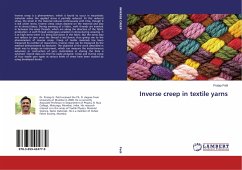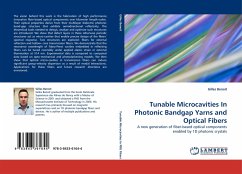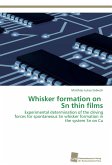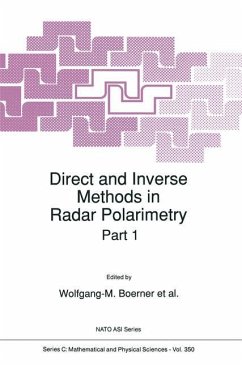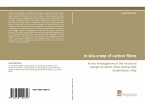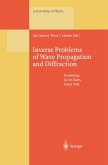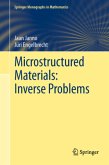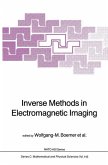Inverse creep is a phenomenon, which is found to occur in viscoelastic materials when the applied stress is partially reduced. At this reduced stress, the strain in the material reduces continuously with time, though it is still under stress. Inverse creep values depend on the material and also on its stress history. During weaving of a fabric, weft threads are inserted in between the warp threads, which are along the direction of the fabric production. A weft thread undergoes variation in stress during weaving. It is at high stress when it is being laid down in the fabric. But the stress may not reduce to zero once the thread is laid down; thus giving rise to the phenomenon of inverse creep. Creep of textile materials has been measured by number of researchers. Inverse creep can be measured by the method demonstrated by Nachane. The objective of the work described in book was to design an instrument, which can measure the instantaneous extension or contraction of yarn. Automation in storing the data is achieved. Stored data can then be easily analyzed. Creep and inverse creep of four textile yarn types at various levels of stress have been studied by using developed device.

